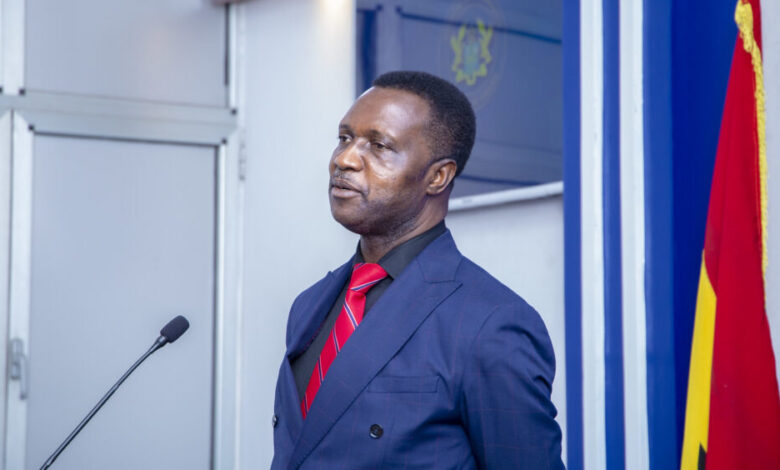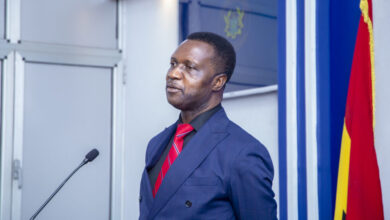Free SHS: Double-Track Is a Game-Changer for Education in Ghana – Dr. Adutwum
Dr. Adutwum emphasizes that removing the system would limit educational opportunities for countless students

- The double-track system is essential for accommodating more students
- The model is based on research and global best practices
- While some schools are phasing out the double-track system as they expand facilities, it remains a necessary solution
Dr. Yaw Osei Adutwum, Ghana’s Minister of Education, has strongly defended the double-track system for secondary education, urging against calls for its abolition.
According to Dr. Adutwum, removing the system could severely limit access to the government’s Free Senior High School (SHS) program, denying numerous students the opportunity to further their education.
The Minister’s comments come as some critics voice concerns over the system, arguing that it is problematic.
However, Dr. Adutwum insists that the double-track model is essential for broadening educational access, especially in high-demand schools where capacity constraints have historically prevented more students from enrolling.
In a recent surprise visit to Presbyterian Boys’ Secondary School (PRESEC), Dr. Adutwum explained the reasoning behind the double-track approach.
He emphasized that the system was developed with the goal of increasing access to secondary education nationwide, particularly in schools with limited infrastructure.
While acknowledging that some schools have started moving away from the double-track system as they expand their facilities, Dr. Adutwum stressed that, for many institutions, the model remains crucial until sufficient resources are available to accommodate a larger student population.
“In some schools, the double-track system is being phased out because they now have the necessary infrastructure. But in high-demand schools like PRESEC, where every Ghanaian student aspires to attend, the need for more space is clear. Until we can build additional facilities, the double-track system makes sense to allow more students the chance to learn,” he explained.
Dr. Adutwum also highlighted that the system is not only a response to local needs but is also grounded in research, pointing out that similar models have been successfully used in other countries, including the United States.
He questioned the opposition to the system, citing PRESEC’s improved outcomes since its implementation as evidence of its effectiveness.
“This is a research-driven, results-oriented policy. If the double-track system is as bad as some claim, why is it that PRESEC, after adopting it, has seen better outcomes than before?” he asked.





